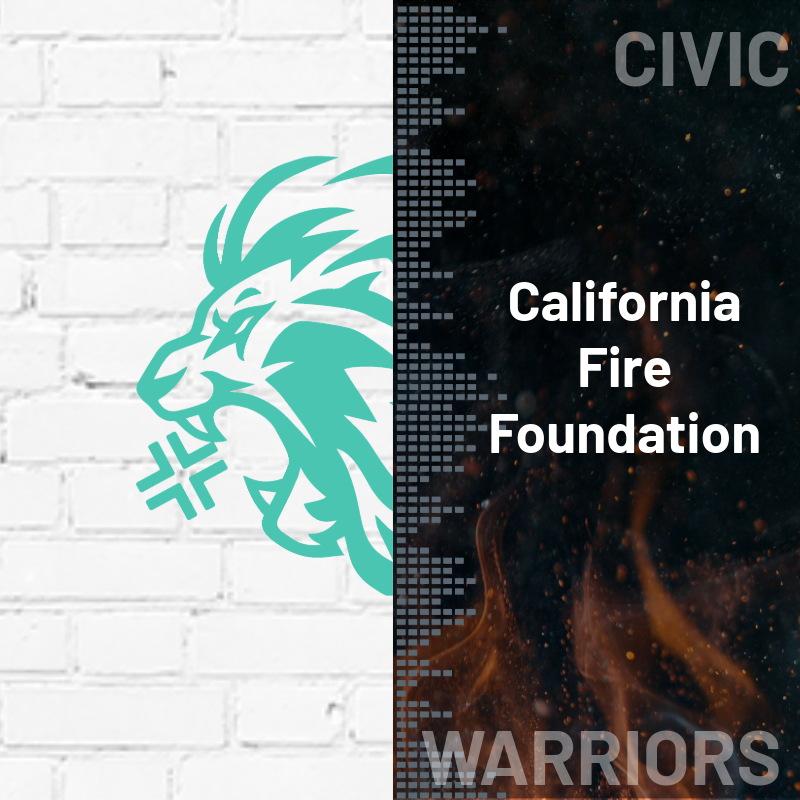The novel coronavirus (COVID-19) has led businesses to curtail operations significantly either voluntarily or because of state, county and municipal shelter-in-place orders.
President Trump’s declaration of a national emergency on March 13 offers a path for company-sponsored foundations to assist employees incurring pandemic-related financial hardships.
As a result of the national emergency declaration, employer-sponsored private foundations are excluded from the private foundation self-dealing rules under IRC Code Section 4921. This exemption permits employer-sponsored private foundations to provide assistance to employees or their family members who are affected by COVID-19.
Qualified Disaster Relief Payments
IRC Section 139 defines qualified disaster relief payments as an amount paid to or for the benefit of an individual to reimburse or pay reasonable and necessary personal, family, living or funeral expenses incurred as a result of a qualified disaster. Traditionally, qualified disaster relief payments have resulted from natural occurrences such as floods, fires, tornadoes, earthquakes and hurricanes like Harvey and Irma.
Qualified disaster relief payments do not include income replacement payments, including lost wages, income to an independent contractor and unemployment benefits, nor may they include payments compensated by insurance. Because these payments are not included in the recipients’ income, the qualified disaster relief definition is a good standard for all organizations to use.
Under IRC Section 139, “qualified disaster relief payments” offer tax benefits for the employee and the employer. These benefits are:
- Not classified as taxable wages/income to employees.
- Fully deductible as a salary expense to the employer.
- Not subject to payroll taxes.
Qualified Disaster Relief Payment Requirements
Existing charitable organizations should consider following the rules of IRC Section 139 with respect to payments made to both employees and individual grantees while maintaining appropriate documentation. Employer-sponsored private foundations, for which the employer is a disqualified person, may make payments to employees of the corporation provided that the payments are made in response to a “qualified disaster,” and that the payments are consistent with the foundation’s charitable purpose. To be consistent with the foundation’s charitable purpose, the following requirements must be met:
- The class of beneficiaries is large or indefinite – a charitable class, which for purposes of a corporate foundation, must be indefinite and apply to both current and future disasters.
- The recipients are selected based on objective determinations of need.
- The selection is made using either an independent selection committee or adequate substitute procedures to ensure that any benefit to the employer is incidental and tenuous. The foundation’s selection committee is independent if a majority of the members of the committee are persons who are not in a position to exercise substantial influence over the affairs of the employer.
Payments made by corporate foundations, meeting the tests above and the requirements of IRC Section 139 will not result in income to corporate employees. Note, corporations with employer-sponsored private foundations should consider making “qualified disaster relief payments” directly due to the lack of a charitable contribution deduction limitation for the direct payments.
Be aware that all charitable organizations soliciting money from the general public are responsible for meeting applicable state charitable registration requirements.
For additional insights on how we can help you and your organization during this challenging time, visit Withum’s COVID-19 Resource Center or contact Rich Ruvelson or Tom Parisi at [email protected].
COVID-19 Resource Center





